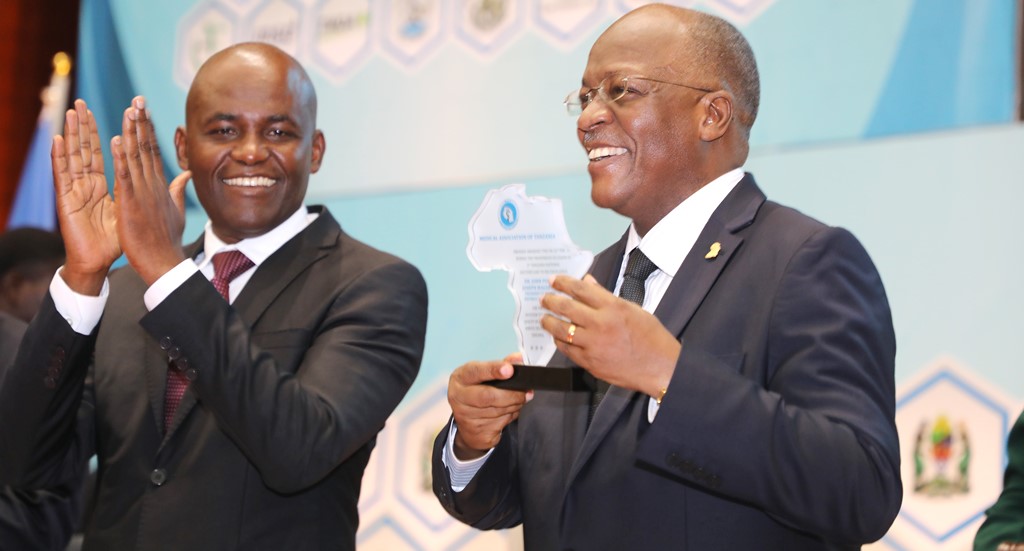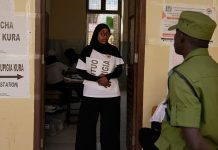THE government has announced an offer of fresh employment opportunities to 1,000 medi- cal doctors in the country while pledging to work on challenges facing the health profession- als to increase efficiency in healthcare delivery.
President John Magufuli said the employment of the doctors will help to curb shortage of the professionals in newly constructed health facilities, in addition to gaining experience.
Dr Magufuli was addressing the medical doctors on Thursday in Dar es Salaam, at a meeting organised by the Medical Association of Tanzania (MAT) as part of activities ahead of the 2nd Tanzania Doctors’ Day scheduled for March 4 this year.
“There are about 2,700 medical doctors who are yet to be employed … to start with, the government will employ 1,000 health experts and it will continue to employ more of them depending on the government’s financial capacity,” Dr Magufuli said, adding: “We need medical doctors up to the village level; the government has built 352 health cen tres and 77 district hospitals, all of which have to be staffed by doctors.”
Dr Magufuli said that the medics should be employed so that they can get experience, especially in using advanced medical equipment.
He cautioned, however, that the health experts should be distributed fairly across all regions and districts.
Responding to the challenges facing health professionals, Dr Magufuli said that the government acknowledges the work of health personnel as key players in building a healthier nation.
He said the challenges raised by the health experts were an indication that there was a lot to be done by the Ministry of Health, Community Development, Gender, Elderly and Children to meet the doctor’s demands.
The president directed the Ministry of Health and Regional Administration and Local Government to address the challenges raised by medics, to enable them work comfortably.
“These challenges constitute a reflection of what we are supposed to do and an indication that there are still a number of challenges facing the health sector which if addressed will bring positive impact in the sector,” he said.
He said that other challenges raised by the health personnel were due to lack of coordination between the Regional Administration and Local Government and the Ministry of Health and delays in resolving the challenges presented to them.
Among the challenges presented to Dr Magufuli included improvement in the National Health Insurance Fund (NHIF) to allow all citizens to contribute and remove the restrictions imposed on medical doctors with similar qualifications but working in different health facilities in prescribing medical drugs.
The doctors also requested the government to move specialized services to the dispensary level, improve Public Private Partnership (PPP), reinstate risk insurance cover and promotion of health personnel, among others.
President Magufuli further said that major improvements in the health sector had helped bolster Tanzania’s position as a preferred destination for health services, thus positioning the country to become a healthcare hub for medical tourism in future.
He said that the government had invested in specialized services such as kidney transplant, cochlea implants and interventional radiology, cardiovascular and orthopaedic services which have reduced the number of patients seeking the services abroad.
Dr Magufuli said between 200 and 300 patients were referred abroad annually but to date the number has dropped to less than 60.
The president said that major improvements in the health sector will enable the country become a healthcare hub for medical tourism and thereby earn the government more revenue.
He said over the past four years, the government employed 62,498 workers in various cadres of whom 13,479 were health workers who are being paid 109.947 bn/- annually.
For his part, MAT President Dr Elisha Osati commended the fifth phase government for transforming the health sector.
He said in 2015, the budget for medical drugs and equipment was 31bn/- but has been increased to 270bn/- to-date, which has improved the availability of medicines and services.







